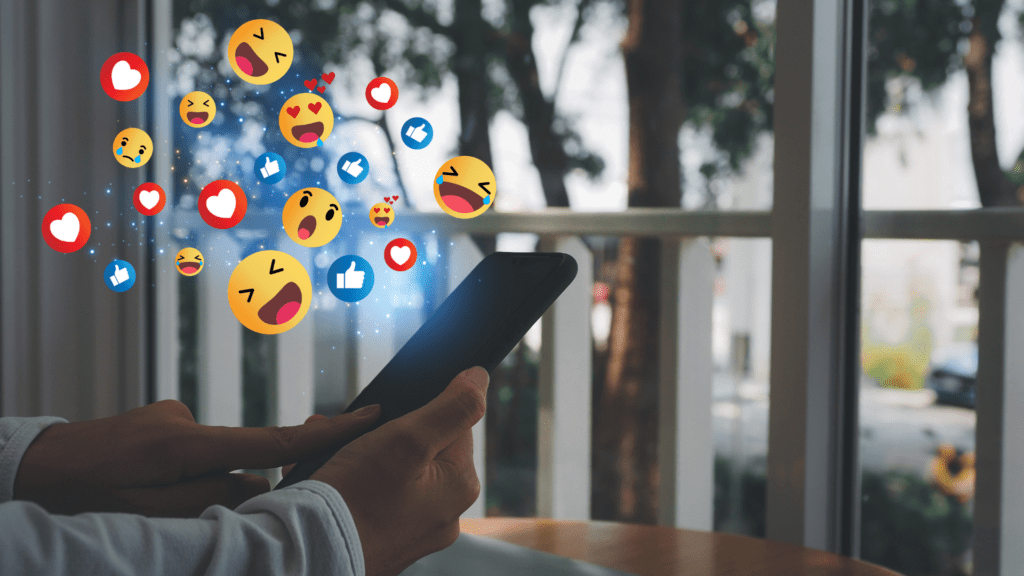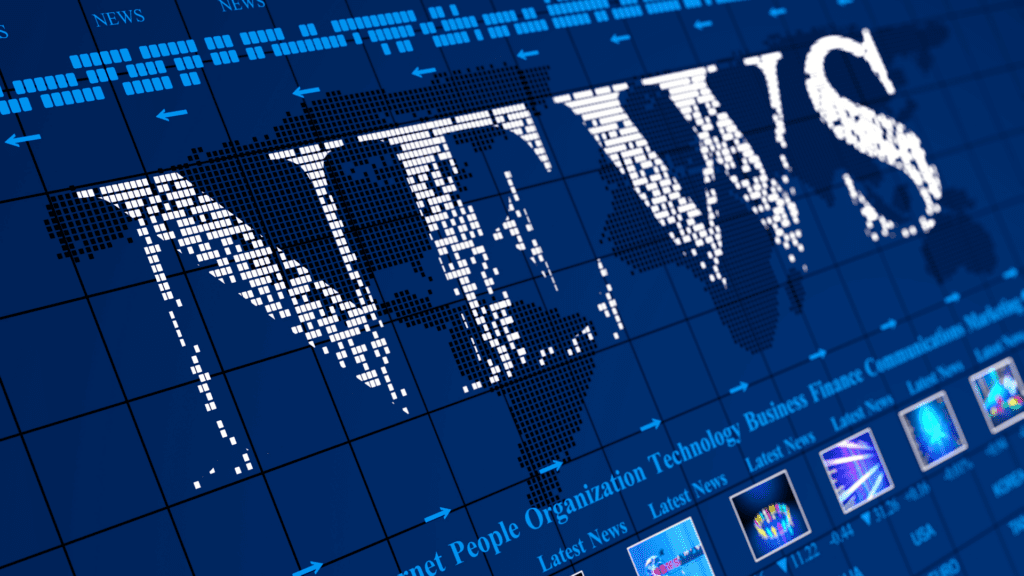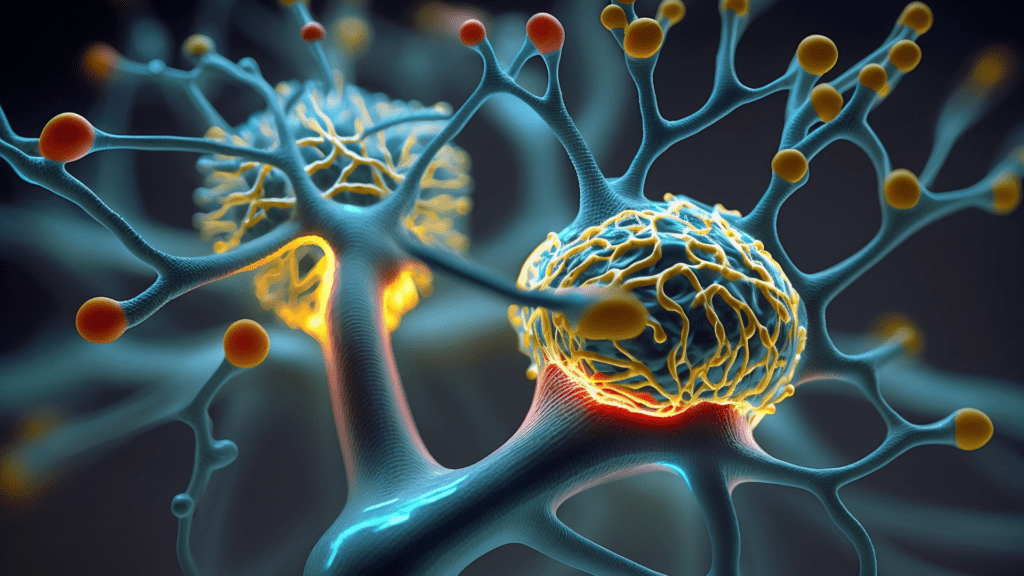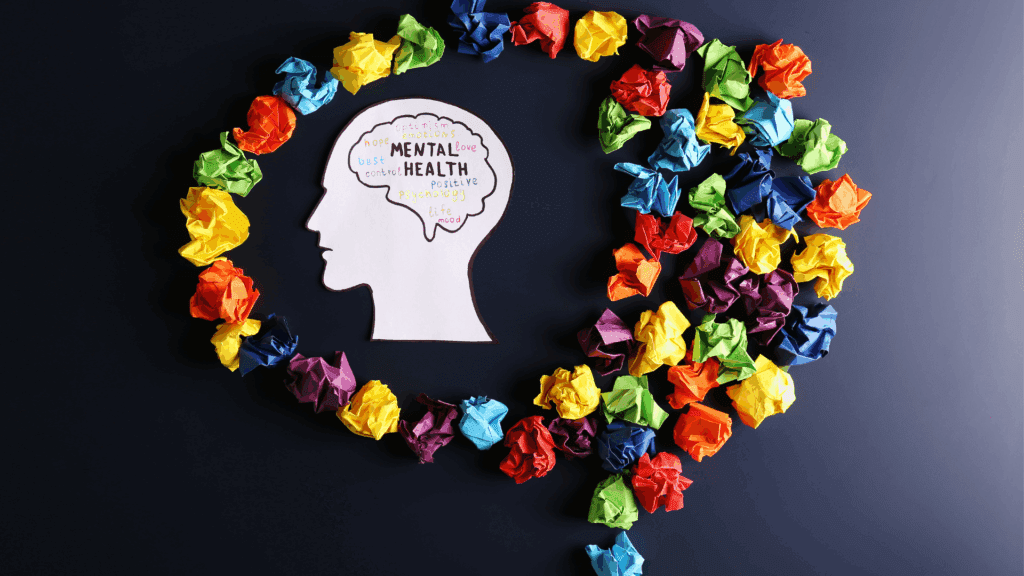🎧 Audio Version
The Evolving Landscape of Mental Health among Gen Z and Millennials
As a neuroscience-based life and career coach with over two decades of experience, I’ve observed a significant shift in Mental Health Trends Among Gen Z and Millennials. The landscape of psychological challenges faced by these younger generations has evolved dramatically, shaped by unprecedented global events, technological advancements, and societal changes.
From my Chair
In my years of practice, I’ve witnessed firsthand the increasing rates of anxiety, depression, and other mental health issues among these age groups. These aren’t mere statistics; they represent real struggles that I encounter daily in my coaching sessions. What’s particularly striking is how these challenges manifest differently compared to previous generations.
The integration of neuroscience into life coaching has provided profound insights into how external factors like social media, economic instability, and global events affect brain function and mental well-being. This approach has revealed that these aren’t just external stressors but have tangible, neurological impacts on the mental health of Gen z’s and Millennials.
Over the years, I’ve seen a marked change in the nature of clients’ concerns. Early in my career, issues were often more straightforward, typically revolving around career advancement or relationship difficulties. Now, I’m increasingly dealing with complex, intertwined problems stemming from digital overwhelm, economic anxiety, and a pervasive sense of global uncertainty.What’s particularly concerning is the depth of these issues. Many clients come to me after years of traditional therapy or coaching, feeling stuck and hopeless.
The unique challenges faced by Gen Z and Millennials often require a more nuanced, brain-based approach to create lasting positive change.As we delve into the mental health trends among these generations, it’s crucial to understand not just the psychological aspects but also the neurological underpinnings. This comprehensive view allows us to develop more effective strategies to support the mental well-being of Gen Z and Millennials in navigating the complexities of the modern world.
The Impact of Social Media on Mental Health

Digital Impact on the Brain
Excessive use of social media and digital devices can significantly affect brain development and function. Research indicates that constant exposure to social media can lead to changes in brain areas related to attention, memory, and emotional regulation. The brain’s reward system, particularly the release of dopamine, is heavily influenced by social media interactions, leading to addictive behaviors and potential mental health issues.
Neuroplasticity and Stress
Neuroplasticity, the brain’s ability to adapt and reorganize itself, plays a crucial role in how individuals respond to stressors. For Gen Z and Millennials, the constant barrage of information and social comparison on social media can lead to chronic stress. Understanding neuroplasticity can help develop interventions that promote resilience and mental well-being, potentially mitigating the adverse effects of social media.
Economic Instability and Mental Health
Financial Stress and Anxiety
Economic instability is another significant factor affecting mental health trends among Gen Z and Millennials. The rising cost of living, student debt, and job market uncertainties contribute to financial stress and anxiety. Studies have shown that financial stress can lead to increased rates of depression and anxiety, impacting overall mental health.
Coping Mechanisms and Support Systems
Developing effective coping mechanisms and support systems is essential for managing financial stress. Community-specific mental health groups and accessible mental health care, including telehealth services, can provide much-needed support. These interventions can help individuals navigate economic challenges and maintain mental well-being.
Global Events and Their Psychological Impact

The COVID-19 Pandemic
The COVID-19 pandemic has had a profound impact on mental health trends among Gen Z and Millennials. The uncertainty, social isolation, and disruption of daily life have led to increased rates of anxiety, depression, and other mental health issues. The pandemic has highlighted the importance of mental health care and the need for accessible services.
Psychological Resilience
Building psychological resilience is crucial in coping with global events. Resilience involves the ability to adapt to adversity and bounce back from difficult experiences. Mental health professionals can play a vital role in helping individuals develop resilience through therapy, support groups, and other interventions.
Mental Health Statistics
Prevalence of Mental Health Issues
Recent studies indicate a high prevalence of mental health issues among Gen Z and Millennials. According to the RedBox Rx Mental Health Survey, nearly three out of four Americans have struggled with mental health in the past year, with Gen Zers and Millennials reporting even higher rates of mental health struggles. Additionally, the McKinsey report highlights that Gen Z respondents are more likely to report poor mental health compared to other generations.
Barriers to Seeking Care
Despite the high prevalence of mental health issues, many individuals do not seek professional care. The RedBox Rx survey found that more than six out of ten individuals with consistent or worsening mental health struggles have not sought professional care, citing cost and stigma as significant barriers. Addressing these barriers is essential for improving mental health outcomes.
Why This Younger Generation Feels So Lonely

Neuroscientific Insights into Loneliness
Loneliness is a significant issue among Gen Z and Millennials, often exacerbated by social media and digital interactions. Neuroscientific research shows that loneliness can lead to changes in brain structure and function, particularly in areas related to social cognition and emotional regulation. The lack of meaningful social connections can result in heightened activity in the brain’s default mode network, which is associated with self-referential thoughts and rumination.
The Role of Social Media and Dating Apps
Social media and dating apps, while designed to connect people, can sometimes contribute to feelings of loneliness. The superficial nature of online interactions and the constant comparison to others can lead to feelings of inadequacy and isolation. Neuroscientific studies suggest that the brain’s reward system, which is activated by social interactions, may not be fully satisfied by online connections, leading to a sense of unfulfillment and loneliness.
The Current Climate of Dating Apps
Psychological Impact of Dating Apps
Dating apps have become a prevalent way for Gen Z and Millennials to meet potential partners. However, the swipe culture and the emphasis on physical appearance can lead to negative psychological effects. The constant evaluation and rejection inherent in dating apps can contribute to low self-esteem, anxiety, and depression. The transient nature of online dating can also make it challenging to form meaningful, long-lasting relationships.
Neuroscientific Perspective on Dating Apps
From a neuroscientific perspective, the use of dating apps can impact the brain’s reward system. The intermittent reinforcement provided by matches and messages can lead to addictive behaviors, similar to those seen in gambling. This can result in users spending excessive amounts of time on dating apps, which can detract from real-life social interactions and contribute to feelings of loneliness and dissatisfaction.
Effective Interventions for Improving Mental Health Among Gen Z and Millennials

Neuroplasticity-Based Coaching
Neuroplasticity, the brain’s ability to form new neural connections throughout life, is a powerful tool in neuroscience-based life coaching. This approach focuses on rewiring neural pathways to support positive behavioral changes and improved mental health.As a coach, I guide clients to:
- Identify limiting beliefs and thought patterns
- Create new, empowering neural pathways through repetition of positive thoughts and behaviors
- Engage in activities that promote neurogenesis, like learning new skills or languages
- Practice visualization techniques to strengthen desired neural connections
Neuroimaging studies have shown that consistent practice of new thought patterns and behaviors can lead to measurable changes in brain structure and function, particularly in areas related to emotional regulation, decision-making, and stress response.
Neurofeedback-Informed Coaching
Neurofeedback is a technique that allows individuals to observe their brain activity in real-time and learn to self-regulate. While traditional neurofeedback requires specialized equipment, neurofeedback-informed coaching incorporates principles of brain wave optimization into everyday practices.In my coaching practice, I help clients:
- Understand their dominant brain wave patterns and how they relate to mental states
- Learn techniques to shift into optimal brain states for different activities (e.g., alpha waves for relaxation, beta waves for focus)
- Develop personalized strategies to manage stress and anxiety based on individual brain patterns
- Practice mindfulness and meditation techniques informed by neurofeedback principles
Research has demonstrated that neurofeedback-based interventions can lead to improvements in attention, emotional regulation, and overall mental well-being. By incorporating these principles into coaching, Gen Z and Millennials can gain greater control over their mental states and develop more effective coping strategies.
Conclusion
Mental health trends among Gen Z and Millennials are influenced by various factors, including social media, economic instability, and global events. Understanding these trends from both neuroscientific and psychological perspectives can help develop effective interventions and support systems. By addressing the barriers to mental health care and promoting resilience, we can improve mental health outcomes for these younger generations.













